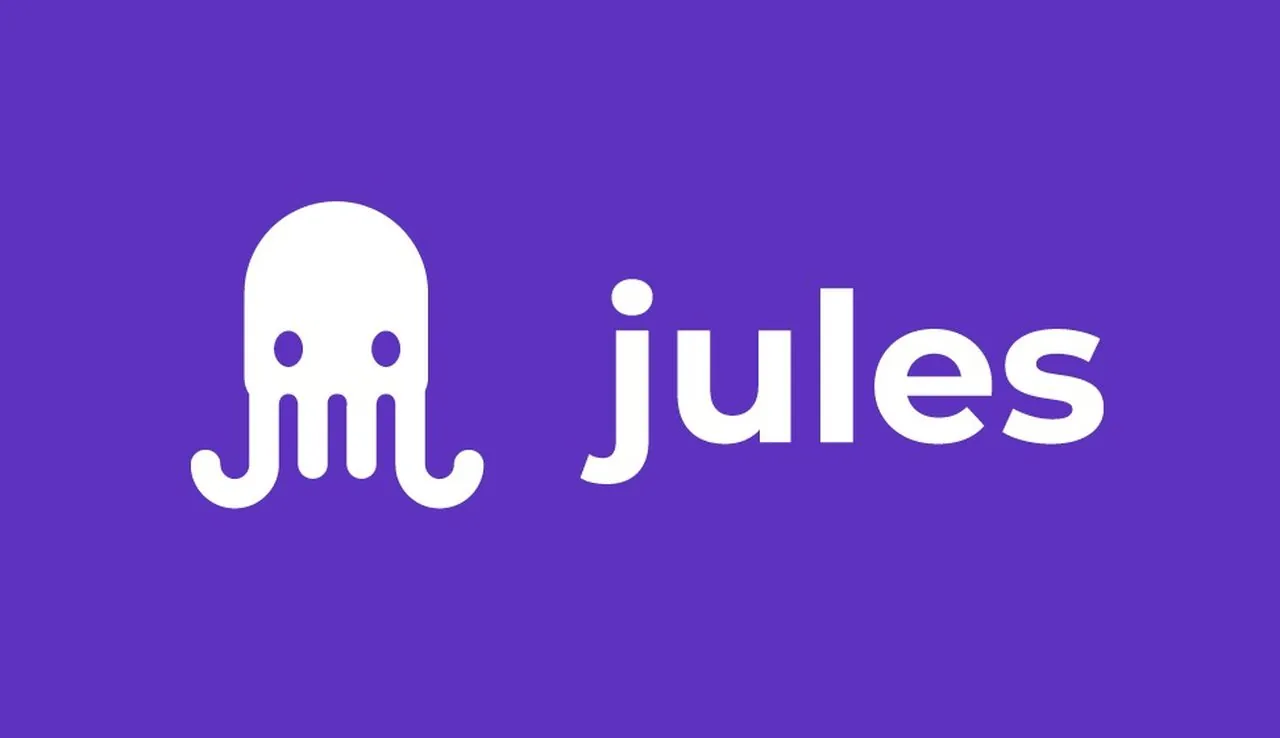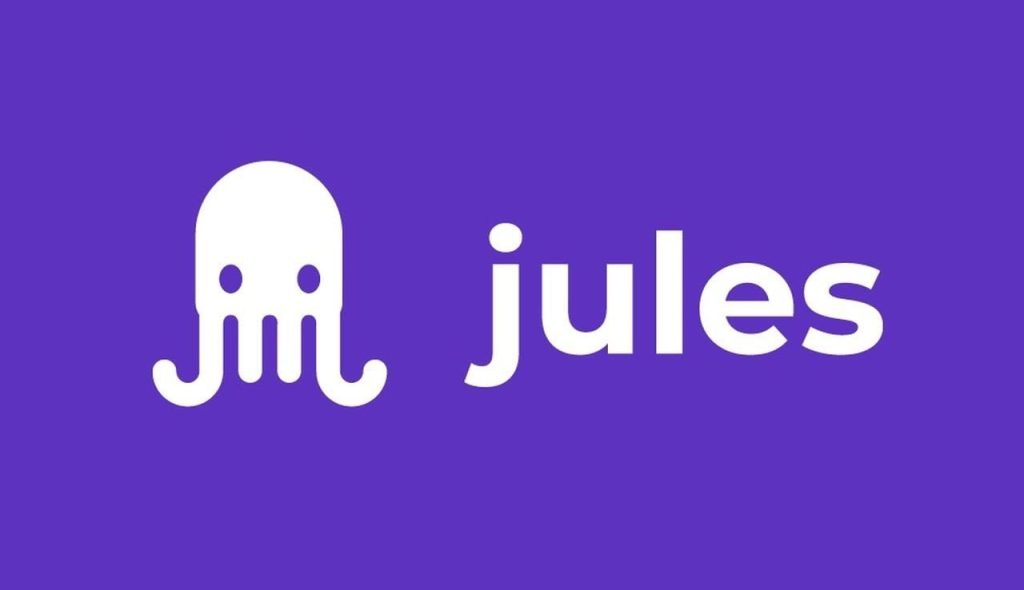
What happens when two of the world’s most powerful tech giants collide in a high-stakes race for AI supremacy? The answer might lie in the imminent debut of Jules, Google’s autonomous coding agent, poised to disrupt the software development landscape. Developed by DeepMind, Jules is more than just a tool, it’s a bold statement of intent, signaling Google’s ambition to outpace OpenAI’s Codex. Meanwhile, OpenAI finds itself embroiled in a web of controversy, facing allegations of a billionaire-funded conspiracy and mounting legal challenges. These unfolding dramas reveal not just a battle for technological dominance but a deeper struggle over ethics, transparency, and the future of artificial intelligence.
In this deep dive, Wes Roth explores the implications of Google’s strategic launch of Jules and how it could reshape the competitive dynamics of AI-driven innovation. You’ll uncover the high-stakes maneuvers behind OpenAI’s legal battles, the ethical dilemmas surrounding AI governance, and the broader consequences of this escalating rivalry. Whether you’re fascinated by the innovative potential of autonomous coding or intrigued by the shadowy accusations of corporate intrigue, this story offers a rare glimpse into the forces shaping the next chapter of AI’s evolution. As the lines between innovation and accountability blur, one question looms large: who will define the rules of this new frontier?
Google vs OpenAI Rivalry
TL;DR Key Takeaways :
Google is set to launch “Jules,” an autonomous coding agent developed by DeepMind, to compete directly with OpenAI’s Codex, signaling intensified competition in AI-driven software development.
OpenAI has acquired Statsig for $1.1 billion, integrating advanced analytics and appointing Statsig’s CEO as CTO of applications, enhancing its offerings like Codex and ChatGPT.
Google recently navigated a U.S. antitrust case, retaining its agreement with Apple but facing new restrictions aimed at fostering competition in the search engine market.
OpenAI faces legal challenges and allegations of billionaire-backed conspiracies, raising questions about transparency, ethics, and governance in the AI industry.
Both Google and OpenAI are driving breakthroughs in AI, but ethical concerns such as data privacy, algorithmic bias, and accountability remain critical as the industry evolves.
Google’s Strategic Moves and Legal Outcomes
Google has recently navigated a significant U.S. antitrust case, emerging with relatively minor setbacks while maintaining its dominant position in the search engine market. The court ruling permits Google to retain its lucrative agreement with Apple, making sure that Google remains the default search engine on iPhones. However, the decision also imposes restrictions, such as prohibiting exclusive contracts for search distribution and mandating data sharing with competitors. These measures aim to foster greater competition in a market long dominated by Google.
Amid this legal backdrop, Google is reportedly preparing to unveil “Jules,” an asynchronous autonomous coding agent designed to transform software development. Developed by DeepMind, Jules is expected to compete directly with OpenAI’s Codex, a widely recognized AI-powered coding assistant. By introducing Jules, Google could significantly strengthen its position in the AI-driven software development space, further solidifying its influence within the broader AI ecosystem. The launch of Jules also underscores Google’s commitment to using its vast resources and expertise to remain at the forefront of AI innovation.
OpenAI’s Expanding Ambitions and Mounting Challenges
OpenAI has been equally active in its efforts to expand its capabilities and influence. The organization recently acquired Statsig for $1.1 billion, integrating new talent and tools into its operations. This acquisition has brought Statsig CEO Vijay Raji into OpenAI as the Chief Technology Officer (CTO) of applications. The integration of advanced analytics and user-centric features from Statsig is expected to enhance OpenAI’s offerings, including Codex and ChatGPT, making them more versatile and effective.
In addition to its acquisitions, OpenAI has launched the “OpenAI for Science” initiative, which aims to apply AI to accelerate breakthroughs in fields such as mathematics and biology. Early successes, such as GPT-5’s contributions to solving complex scientific problems, demonstrate the potential of general-purpose AI models to drive innovation across disciplines. These advancements reflect OpenAI’s ambition to position itself as a leader in both technological development and practical applications of AI.
However, OpenAI’s progress has not been without controversy. The organization faces allegations of a billionaire-funded conspiracy aimed at undermining its transition to a for-profit model. Subpoenas have been issued to individuals and groups allegedly involved in advocacy efforts against OpenAI, with speculation pointing to prominent tech figures such as Elon Musk and Mark Zuckerberg. These accusations have sparked widespread debates about transparency, ethics, and governance within the AI industry. As OpenAI continues to navigate these challenges, questions about its practices and long-term strategy remain central to the broader conversation about the future of AI.
Google’s Answer to OpenAI’s Codex CLI
Take a look at other insightful guides from our broad collection that might capture your interest in AI coding agents.
Breakthroughs in AI Technology and Ethical Considerations
Both Google and OpenAI have achieved significant milestones in the development of general-purpose AI models. These systems have demonstrated capabilities that were once considered unattainable, such as solving International Mathematical Olympiad problems and automating complex coding tasks. These breakthroughs highlight the fantastic potential of AI to enhance productivity and innovation across industries.
Despite these advancements, challenges persist. AI systems often struggle with tasks requiring deep contextual understanding, long-term reasoning, or nuanced decision-making. The anticipated release of Jules and the ongoing refinement of Codex illustrate the growing role of AI in automating tasks traditionally performed by humans. While these tools promise to streamline workflows and drive innovation, they also raise important questions about oversight and accountability.
The legal and ethical implications of AI development are becoming increasingly prominent. OpenAI’s legal battles and allegations of conspiracies underscore the high stakes involved in shaping the future of AI. Similarly, Google’s antitrust case highlights the importance of fostering competition and making sure fair access to critical technologies. Ethical concerns, such as data privacy, algorithmic bias, and accountability, remain central to the conversation. Companies like Google and OpenAI must address these issues to maintain public trust and legitimacy. Striking a balance between innovation and ethical responsibility will be essential as AI systems continue to play a larger role in society.
Rising Competition and the Future of AI
The rivalry between Google and OpenAI reflects the broader competition driving the AI industry. Google is using its vast resources and technical expertise to develop tools like Jules, while OpenAI continues to expand its initiatives and refine its models despite facing external pressures. This competitive dynamic is accelerating advancements in AI capabilities, pushing the boundaries of what these technologies can achieve.
However, the rapid pace of innovation also raises questions about the long-term consequences of this technological race. For the industry to thrive, stakeholders must prioritize equitable access to AI’s benefits and adopt responsible development practices. Robust oversight and ethical governance will be critical to making sure that AI technologies are developed and deployed in ways that align with societal values and priorities.
As the AI industry evolves, the competition between Google and OpenAI serves as a microcosm of the broader challenges and opportunities facing the field. For professionals, enthusiasts, and observers alike, understanding these dynamics is essential to grasping the future trajectory of artificial intelligence and its far-reaching impact on the world.
Media Credit: Wes Roth
Filed Under: AI, Top News
Latest Geeky Gadgets Deals
Disclosure: Some of our articles include affiliate links. If you buy something through one of these links, Geeky Gadgets may earn an affiliate commission. Learn about our Disclosure Policy.

